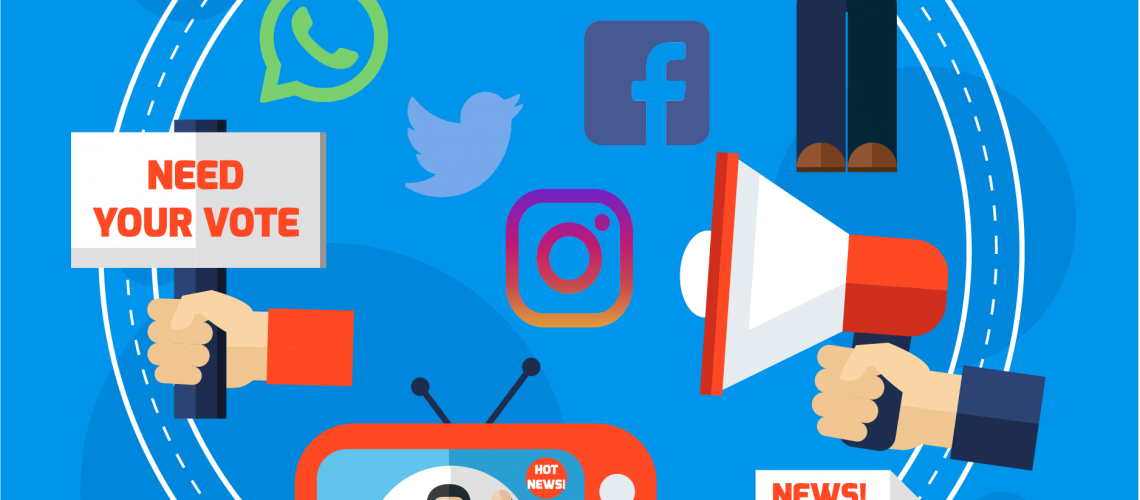In the digital age, social media has become a powerful force in shaping political discourse and influencing elections.
Platforms like Twitter, Facebook, and Instagram provide politicians with direct access to voters and allow for unprecedented levels of engagement and communication.
This article explores the profound impact of social media on modern politics and how it has transformed the political landscape.
Direct Communication with Voters
Social media enables politicians to communicate directly with voters, bypassing traditional media channels. This direct line of communication allows politicians to share their messages, policy proposals, and campaign updates in real time.
It also provides voters with a platform to voice their opinions, ask questions, and engage in discussions with their elected representatives.
Influence on Public Opinion
Social media has a significant impact on public opinion. Political messages can spread rapidly, reaching millions of users within minutes. Hashtags, memes, and viral videos play a crucial role in shaping public perceptions and mobilizing support for political causes.
However, this rapid dissemination of information also means that misinformation and fake news can spread just as quickly, potentially misleading the public and influencing their opinions based on falsehoods.
Campaign Strategies
Political campaigns have adapted to the digital age by incorporating social media strategies into their playbooks. Social media advertising allows campaigns to target specific demographics with tailored messages.
Data analytics and algorithms help campaigns understand voter behavior and preferences, enabling more effective outreach and engagement.
Grassroots Movements and Activism
Social media has empowered grassroots movements and activism, allowing individuals and groups to organize, mobilize, and advocate for change. Hashtag movements like #BlackLivesMatter and #MeToo have gained global attention, highlighting social and political issues and prompting action from policymakers.
Social media provides a platform for marginalized voices to be heard and for collective action to take place.
Challenges and Concerns
While social media offers many benefits for political engagement, it also presents several challenges and concerns:
- Misinformation: The spread of false information can undermine democratic processes and erode trust in political institutions.
- Polarization: Social media algorithms often create echo chambers, where users are exposed only to information that aligns with their beliefs, leading to increased political polarization.
- Privacy Issues: The collection and use of personal data by social media platforms raise concerns about privacy and data security.
The Future of Social Media in Politics
As social media continues to evolve, its role in politics is likely to expand. Emerging technologies like artificial intelligence and virtual reality may further transform political communication and engagement.
Policymakers and social media companies must work together to address the challenges and ensure that social media remains a force for positive political participation and democracy.
How You Can Stay Informed
To stay informed about political developments and the impact of social media, consider following reputable news sources and engaging with diverse viewpoints. Participate in online discussions, fact-check information before sharing, and support initiatives that promote media literacy and digital citizenship.
Social media has undeniably transformed modern politics, offering both opportunities and challenges. By understanding its impact and engaging responsibly, we can harness the power of social media to strengthen democratic processes and create a more informed and engaged electorate.
